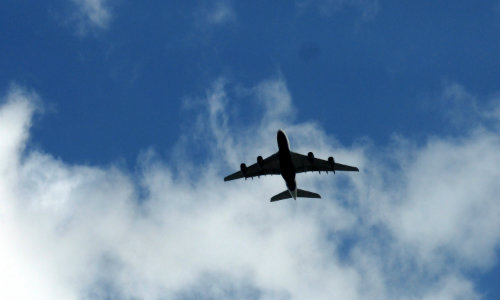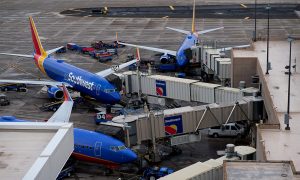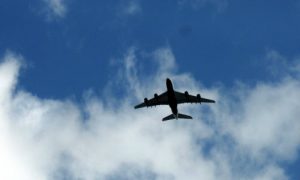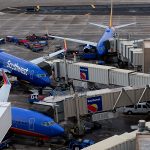Aviation consultancy Oliver Wyman this month released a major new report, Airline Economic Analysis. The report is chock full of data and observations about airline costs, revenues, margins, capacity and global trends for both network carriers — traditional airlines like American and United — and value airlines, like Spirit and JetBlue.
What I found most interesting was the chapter on revenue, which included a section on ancillary fees. During the past several years, said the report, airlines captured increasing amounts of revenue for non-ticket charges such as baggage fees, reservation change fees, and other fees, most of which are not included in DOT-reported average airfares.
Airlines have found that passengers are less price-sensitive when it comes to ancillary fees. The report looked at the three major categories of fees — baggage, reservation change, and miscellaneous — to show the growth to date.
Miscellaneous was described as a broad category that covers items like buy-on-board meals, inflight entertainment, Wi-Fi, priority boarding, blankets and pillows, and other fees. For some ultra-low-cost carriers like Spirit Airlines, Allegiant Airlines and now Frontier Airlines, miscellaneous fees include credit card fees, passenger “usage” charges, and boarding pass printing charges.
Using airline reports to the U.S. Department of Transportation, the report found that ancillary fees generated $11.4 billion in the year ended during the second quarter of 2014, which amounts to 7 percent of base passenger revenue. The much larger ancillary revenue figures often reported in the press include the sale of frequent flyer program miles (the largest source of airline ancillary revenue) and travel services such as hotel bookings and car rentals, but these categories are not included in the three DOT ancillary revenue categories.
Miscellaneous fees, at $5.1 billion, generated the largest share of ancillary revenue for the year ended in the second quarter of 2014, followed by baggage fees at $3.4 billion, and reservation change fees at $2.9 billion. Value carriers generated only 12 percent of their total ancillary revenue from reservation changes (due largely to Southwest’s policy of not charging) and 57.9 percent of their total ancillary revenue from miscellaneous fees.
But network carriers generated approximately equal proportions of revenue from each of the three fee categories. For network carriers, miscellaneous fee revenue increased 23.3 percent year-over-year, while reservation change fees grew 4.4 percent and baggage fees grew 4.9 percent.
Broken down by carrier, it’s no surprise that Spirit Airlines lead all carriers, with 36.2 percent of its passenger revenue generated from ancillary fees. On the opposite end, Southwest Airlines collects only 3.9 percent of passenger revenue from ancillary fees.
RESOURCES
Airline Economic Analysis, Oliver Wyman
U.S. DOT Bureau of Transportation Statistics’ Financial Data for U.S. Carriers
IdeaWorks, 2013 Airline Ancillary Revenue Lifts to $31.5 Billion
Benét J. Wilson is co-editor of AirwaysNews.com and blogs at AviationQueen.com. She has been an aviation/travel journalists for more than 20 years. Follow her on Twitter @AvQueenBenet











